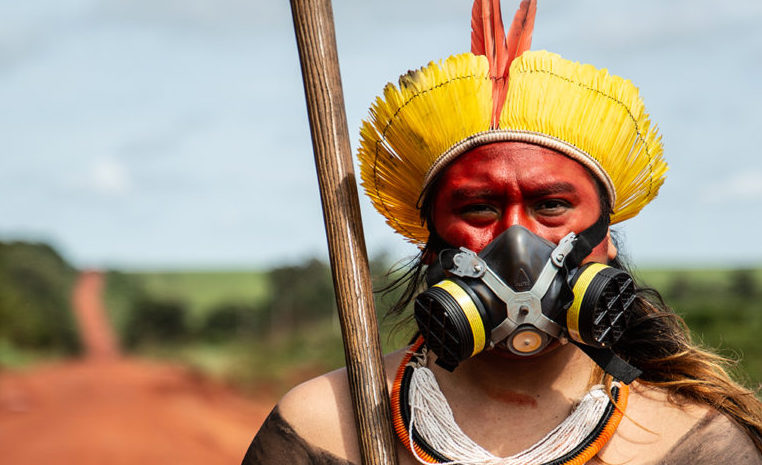
Four months after COVID-19 was first suspected of spreading to indigenous communities in the Amazon Basin, the head of the World Health Organization, Tedros Adhanom Ghebreyesus, said at a press conference that the WHO is “deeply concerned” by the pandemic’s impact on native populations. He singled out the recently contacted Nahua people in Peru, six of whom have caught the virus. Poverty, malnutrition, and the prevalence of communicable diseases put indigenous people at greater risk from coronavirus.
Throughout the Americas over 70,000 cases have been confirmed and 2,000 people have died among indigenous communities, including several leaders. The Organization of American States (OAS) has called on Brazil to specifically protect the Yanomami and Yekuana peoples, who may have been infected by workers from the government’s indigenous health service, SESAI, according to a New York Times report.
The plight of indigenous Amazonian peoples has been gaining the attention of environmental campaigners, more used to defending the region against deforestation. Climate change activist Greta Thunberg is donating part of her one-million-euro Prize for Humanity to a group that assists Amazon communities in fighting the virus.
From The New Humanitarian, July 24.
See our last post on the health crisis in the Amazon.
Photo: Mongabay




